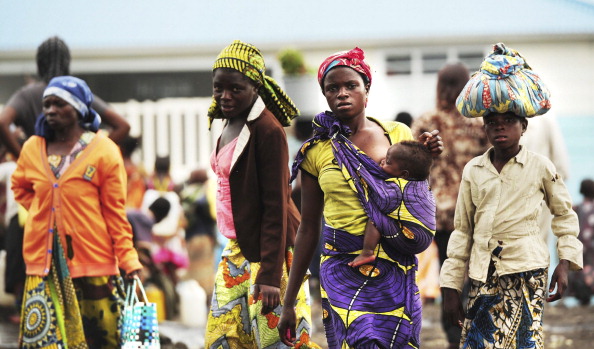
Save the Children’s “State of the World’s Mothers” report has named the Democratic Republic of Congo as the world’s worst place to be a mother (Photo Credit: Leon Sadiki/City Press/Gallo Images/Getty Images).
In honor of Mother’s Day, Save the Children released its annual “State of the World’s Mothers” report. I was saddened, but not surprised to see the Democratic Republic of Congo is the worst place to be a mother.
Severe violations of women’s human rights in Congo are, unfortunately, a perennial subject of attention for me and numerous other rights activists. Typically those violations are associated with the long and bloody conflict that has spanned the country and concentrated in its most recent stages in the East.
Indeed, DRC has been plagued by almost two decades of conflict resulting in the suffering and death of millions of men, women and children. Most chillingly, the Congo conflict has become synonymous with rape and other forms of sexual violence, which are committed with impunity by security forces, including the armed forces of the DRC (Forces Armées de la République Démocratique du Congo, FARDC), and other armed groups. For this reason, it was ranked the worst place to be a woman by the United Nations just last year.
SEE THE REST OF THIS POST
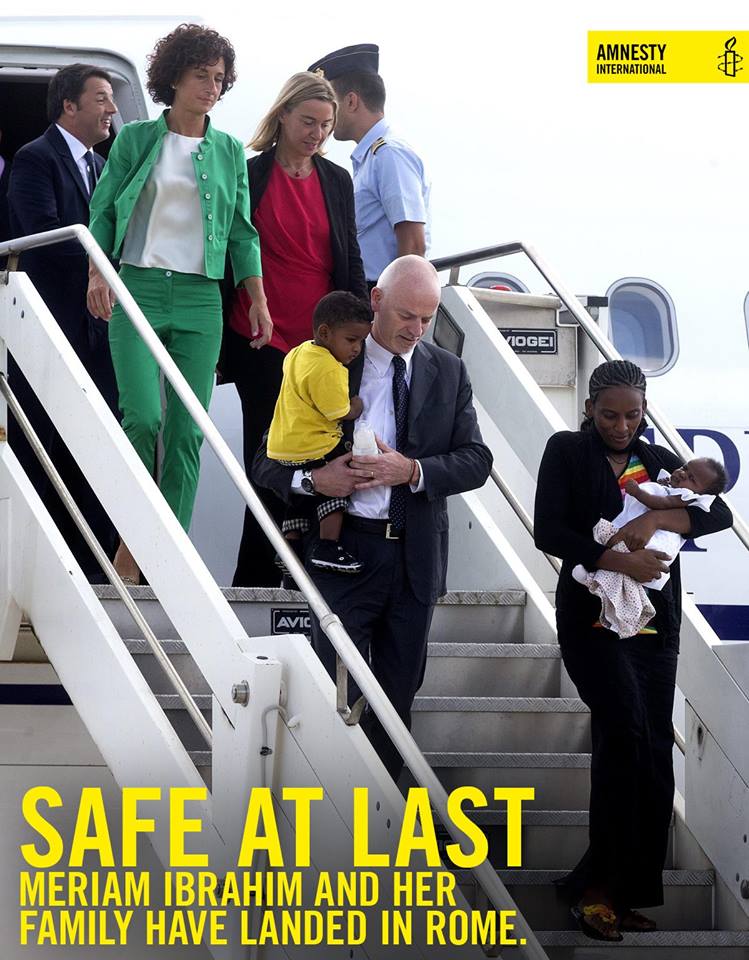
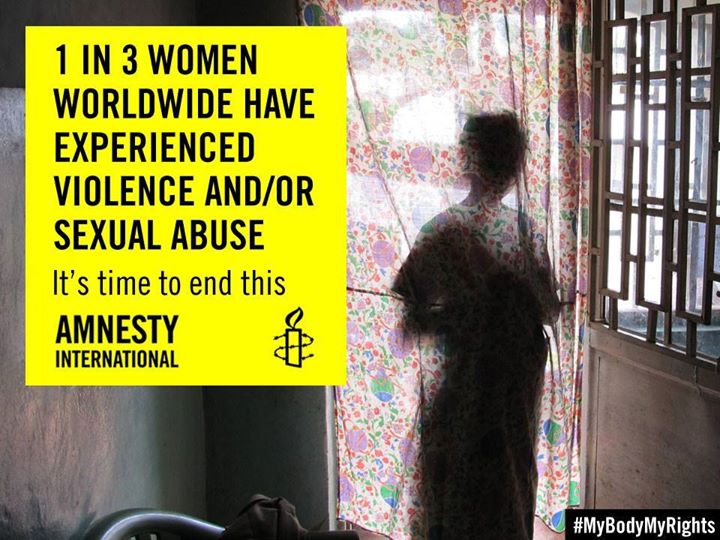
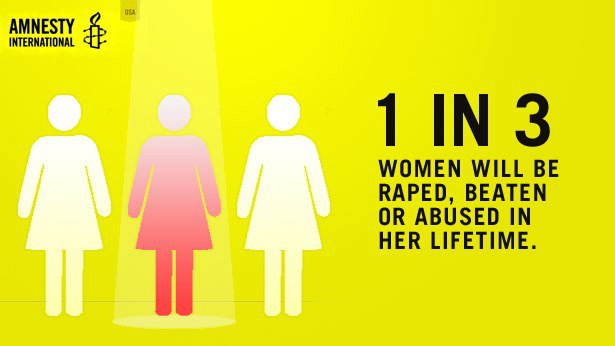
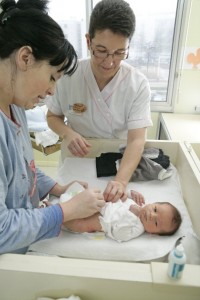
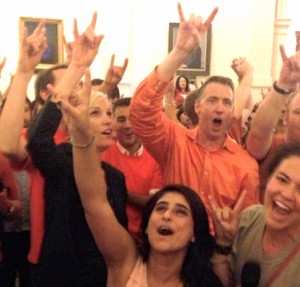


 It’s been a little over a year since the government of Sierra Leone launched its
It’s been a little over a year since the government of Sierra Leone launched its 
